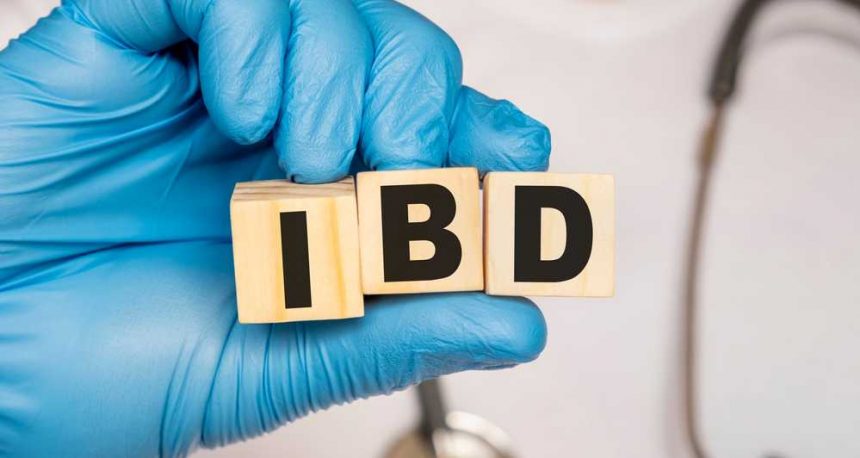Inflammatory Bowel Disease (IBD) has long been a mystery to both sufferers and medical professionals, affecting nearly half a million people in the UK alone. With debilitating symptoms that can significantly impact daily life, recent developments have the potential to shed light on this complex condition. Scientists in the UK have made a groundbreaking discovery that could revolutionize our understanding and treatment of IBD, potentially offering hope for those affected by this chronic illness.
Understanding Inflammatory Bowel Disease
Inflammatory Bowel Disease encompasses conditions such as Crohn’s disease and ulcerative colitis, characterized by chronic inflammation of the gastrointestinal tract. Unlike Irritable Bowel Syndrome, IBD causes actual inflammation in the bowel tissues, leading to long-term damage and complications if left untreated. Recent scientific advances are starting to unravel the mystery behind IBD, offering new hope for accurate diagnosis and effective treatment.
The Breakthrough Discovery
Researchers at the Francis Crick Institute and University College London have identified a crucial weak spot in the DNA of individuals with IBD, present in a staggering 95% of cases. This discovery, led by Dr. James Lee, points to a specific section of DNA on chromosome 21 known as an ‘enhancer,’ which acts as a master regulator of inflammation in IBD. This finding uncovers a major piece of the puzzle and opens the door to new treatment possibilities, offering potential relief to IBD sufferers.
The Role of DNA and Genes in IBD
The ‘gene desert’ on chromosome 21 provides insight into the genetic mechanisms behind IBD, focusing on the enhancer section of DNA that affects immune cells called macrophages. This enhances the ETS2 gene within macrophages, leading to excessive production of inflammation-triggering chemicals. Understanding this regulatory mechanism offers a clear target for new treatments that aim to reduce the overwhelming inflammatory response in IBD patients.
Implications for Treatment
The discovery of the enhancer and its role in IBD has significant implications for treatment. Targeting this specific genetic pathway may hold the key to managing IBD more effectively. Existing drugs approved for other conditions could be repurposed to address the inflammation caused by the enhancer, potentially offering relief to millions of IBD sufferers. Precision in targeting macrophages while minimizing side effects is crucial for maximizing therapeutic benefits.
Living with IBD: Tips and Strategies
Managing IBD can be challenging, but adopting strategies such as maintaining a balanced diet, staying hydrated, practicing stress management techniques, engaging in regular exercise, and seeking support can help improve symptoms and quality of life. By incorporating these strategies into daily routines, individuals with IBD can better manage their condition and maintain a healthier lifestyle.
The Role of Lifestyle in Managing IBD
While genetic factors play a significant role in IBD, lifestyle choices also have a profound impact on managing the condition. Adopting a healthy lifestyle that includes identifying trigger foods, quitting smoking, limiting alcohol consumption, managing stress, and incorporating nutrient-dense foods into the diet can help mitigate symptoms and improve overall health for individuals living with IBD.






